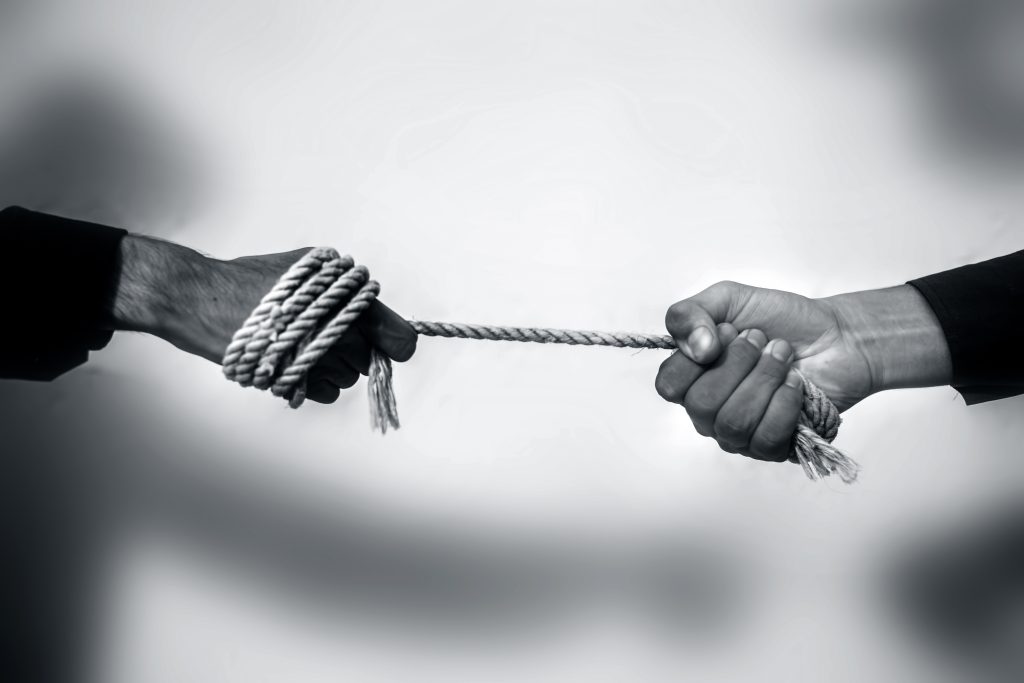
Partnership Disputes
Clout Turkey – Being partners in closely held businesses resembles a marriage relationship. Despite all the good intentions and wishful thinking at the beginning, partners may fall apart without the fault of either partner. Still, in most cases, the fault of one partner is the predominant cause of the dissension. Irrespective of the result of “who to blame” game between partners, it becomes necessary to carry out a business divorce, which may cause serious consequences for the partners if the exit and dissolution process not handled proficiently.
While the methods and results may vary between jurisdictions, there are universally applicable strategies to successfully handle business divorces. Clout Corporate Department specializes in providing its clients with the most beneficial business exit and resolution in case of an unavoidable business divorces. Below, we will briefly exemplify the main foundations and issues concerning the resolution of closely held business formed together by active and passive investors, through the lens of Turkish law.
In most of cases, foreign direct investment to businesses in Turkey are made through investing in shares of limited liability companies or joint stock corporations formed under 6102 numbered Turkish Commercial Code (TCC). These types are also the preferred vehicles of investment for locals. While some investors choose to be active and get involved in the day-to-day operation of the companies, others choose to be passive and only intend to recoup their investment with a premium in the form of salary, dividends, or contracts in a near future. Unfortunately, it is observed that there is a likelihood that the active investor, at a later stage of this business relationship, will decide not to share the benefits of the business with the passive investor anymore due to professional or personal reasons.
The active investor effectuates his desire to freeze out the inactive investor, in most cases, by tunneling company funds and diverting company customers and products to third party companies controlled solely by himself. To avoid the unjust treatment of one shareholder by another, it is strongly recommended to draft and sign a “shareholders agreement” among the shareholders prior to the commencement of the business and articulate the main principles of this agreement in the articles of incorporation to the extent TCC permits. Likewise, a system of checks and balances should be effectuated at all times through the oversight of a legal expert.
A frozen- out shareholder may initiate several criminal and civil lawsuits against the fellow partner to compensate the damages he incurs, get in control of or exit from the business. Due to the high level of burden of proof necessities in criminal lawsuits, collection of evidence becomes a critical issue. On the other hand, civil lawsuits often require the correct set of evidence, as well as legally procedural and merit- wise history of dispute between the partners. Accordingly, an unjustly treated partner may find himself in a position in which he is unable to win his case before the court if the process is not handled proficiently. Similarly, in business relationships with extraterritorial aspects, winning a judgment may not guarantee the full collection of the judgment award if the judgment is not enforced in the related jurisdictions. Therefore, it is important to handle the shareholder disputes with a holistic approach.
Dr. Murat C. Pehlivanoğlu
Partner – Clout Turkey




